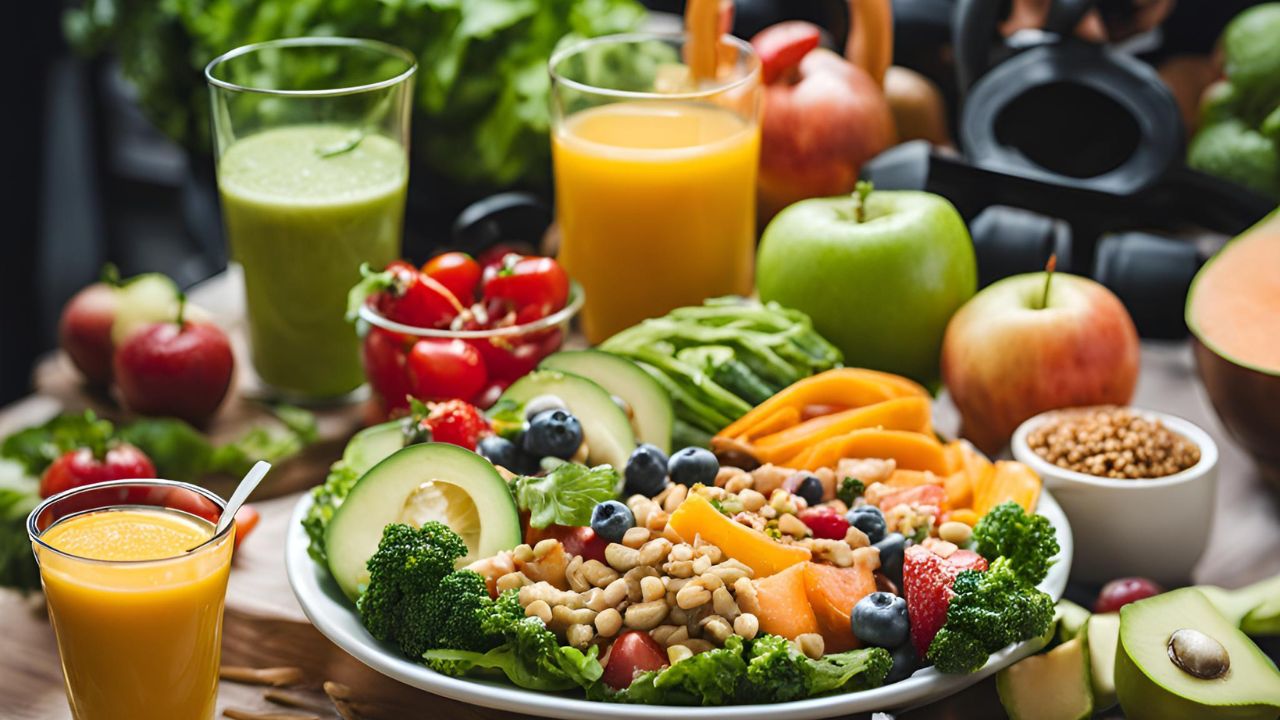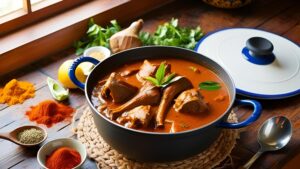body health food
Foods
Health
aiding recovery, and maintaining overall health:, gym healthy food, it's important to prioritize nutrient-dense foods that support your fitness goals. Here's a breakdown of key food categories and examples that are great for fueling your workouts, When focusing on a healthy diet to complement a gym routine
sasikaran224
0 Comments
gym healthy food
When focusing on a healthy diet to complement a gym routine, it’s important to prioritize nutrient-dense foods that support your fitness goals. Here’s a breakdown of key food categories and examples that are great for fueling your workouts, aiding recovery, and maintaining overall health:
1. Protein-Rich Foods (for muscle repair and growth)
- Chicken breast: Lean protein for muscle repair and growth.

- Turkey: Another lean source of protein.
- Eggs: High in protein and healthy fats, great for muscle recovery.
- Fish: Salmon, tuna, and mackerel are rich in protein and healthy omega-3 fatty acids.
- Greek yogurt: High in protein and probiotics.
- Tofu and tempeh: Excellent plant-based protein sources.
- Cottage cheese: Packed with casein protein, ideal for muscle repair overnight.
2. Complex Carbohydrates (for sustained energy)
- Brown rice: Provides long-lasting energy due to its fiber content.
- Quinoa: A complete protein and a great source of carbs.
- Sweet potatoes: Rich in fiber and vitamin A, great for energy.
- Whole grains: Oats, barley, and whole wheat are excellent choices for complex carbs.
- Legumes: Beans, lentils, and chickpeas provide carbs and fiber while also being high in protein.
3. Healthy Fats (for energy, hormone production, and joint health)
- Avocados: High in healthy fats and vitamins like vitamin E.
- Nuts and seeds: Almonds, walnuts, chia seeds, and flaxseeds offer healthy fats and protein.
- Olive oil: Rich in monounsaturated fats, great for heart health.
- Nut butters: Peanut butter, almond butter, and other nut butters are excellent sources of healthy fats.
4. Fruits and Vegetables (for vitamins, minerals, and antioxidants)
- Berries: Blueberries, strawberries, and raspberries are rich in antioxidants, helping to reduce inflammation.
- Spinach: Packed with iron and magnesium, great for energy and muscle function.
- Broccoli: A cruciferous vegetable full of fiber, vitamins, and minerals.
- Bananas: Rich in potassium, which helps prevent muscle cramps.
- Leafy greens: Kale, arugula, and Swiss chard are nutrient-dense and aid in muscle recovery.
- Citrus fruits: Oranges and grapefruits provide vitamin C to boost immunity.
5. Hydration (to support exercise performance)
- Water: Always stay hydrated before, during, and after workouts.
- Coconut water: A natural source of electrolytes to replenish after exercise.
- Herbal teas: Green tea or ginger tea can aid digestion and recovery.
Sample Meal Plan for Gym-Goers:
Breakfast:
- Scrambled eggs with spinach and whole-grain toast.
- A side of mixed berries or a banana.
Post-Workout Snack:
- Greek yogurt with chia seeds and honey.
- A handful of almonds.
Lunch:
- Grilled chicken breast with quinoa and roasted vegetables (broccoli, sweet potatoes, bell peppers).
- A side salad with olive oil and vinegar dressing.
Dinner:
- Baked salmon with a side of brown rice and steamed broccoli or asparagus.
Snack:
- Apple slices with almond butter or a protein smoothie with protein powder, banana, and almond milk.
Tips:
- Meal Timing: Try eating a balanced meal 2-3 hours before your workout to fuel your body. Post-workout, aim to have a meal with protein and carbs within 30-60 minutes to optimize recovery.
- Variety: Ensure a variety of foods to get a range of nutrients and avoid getting bored with your meals.
- Portion Control: Be mindful of portion sizes, especially for higher-calorie foods like nuts, seeds, and oils.
Share this content:





Post Comment